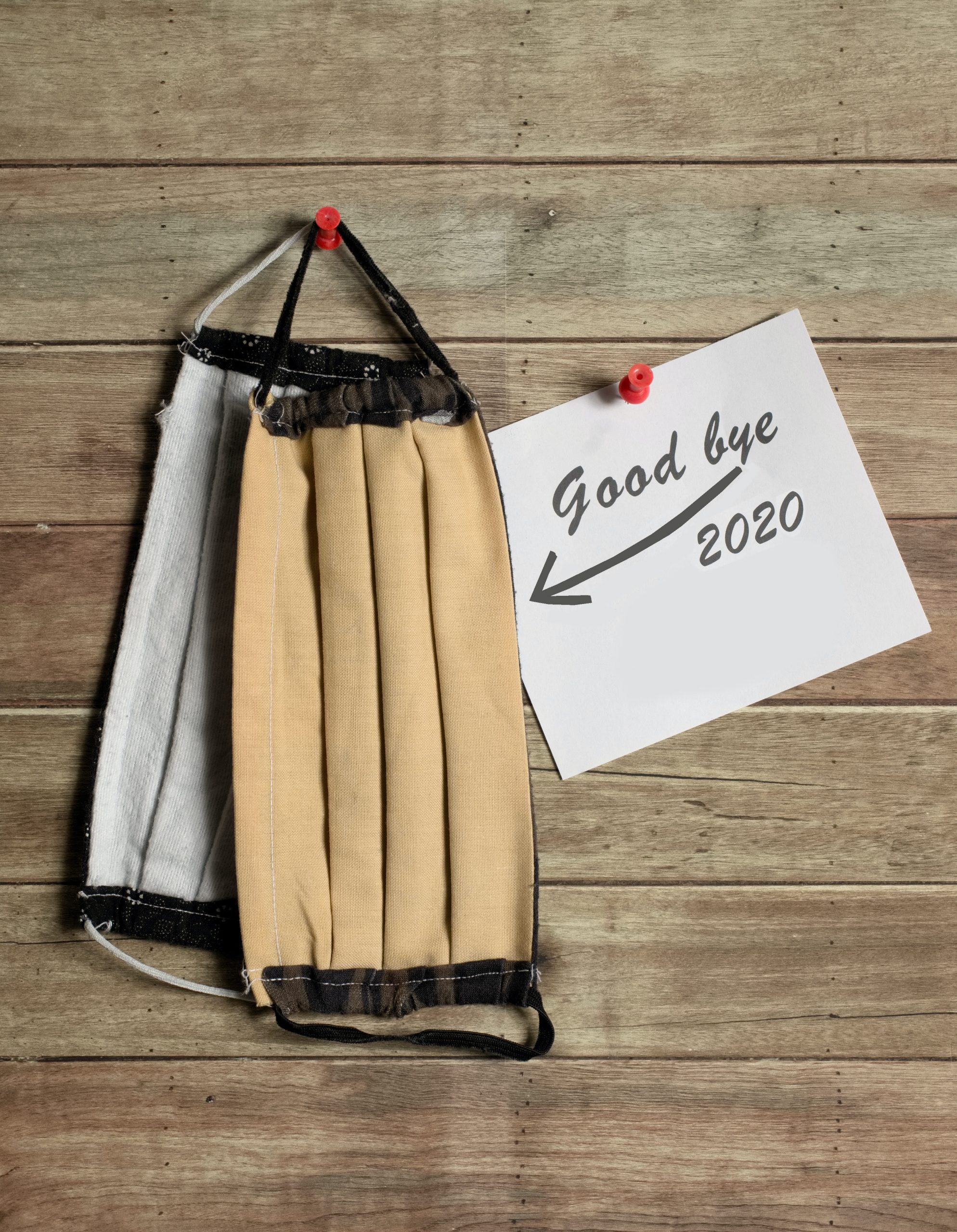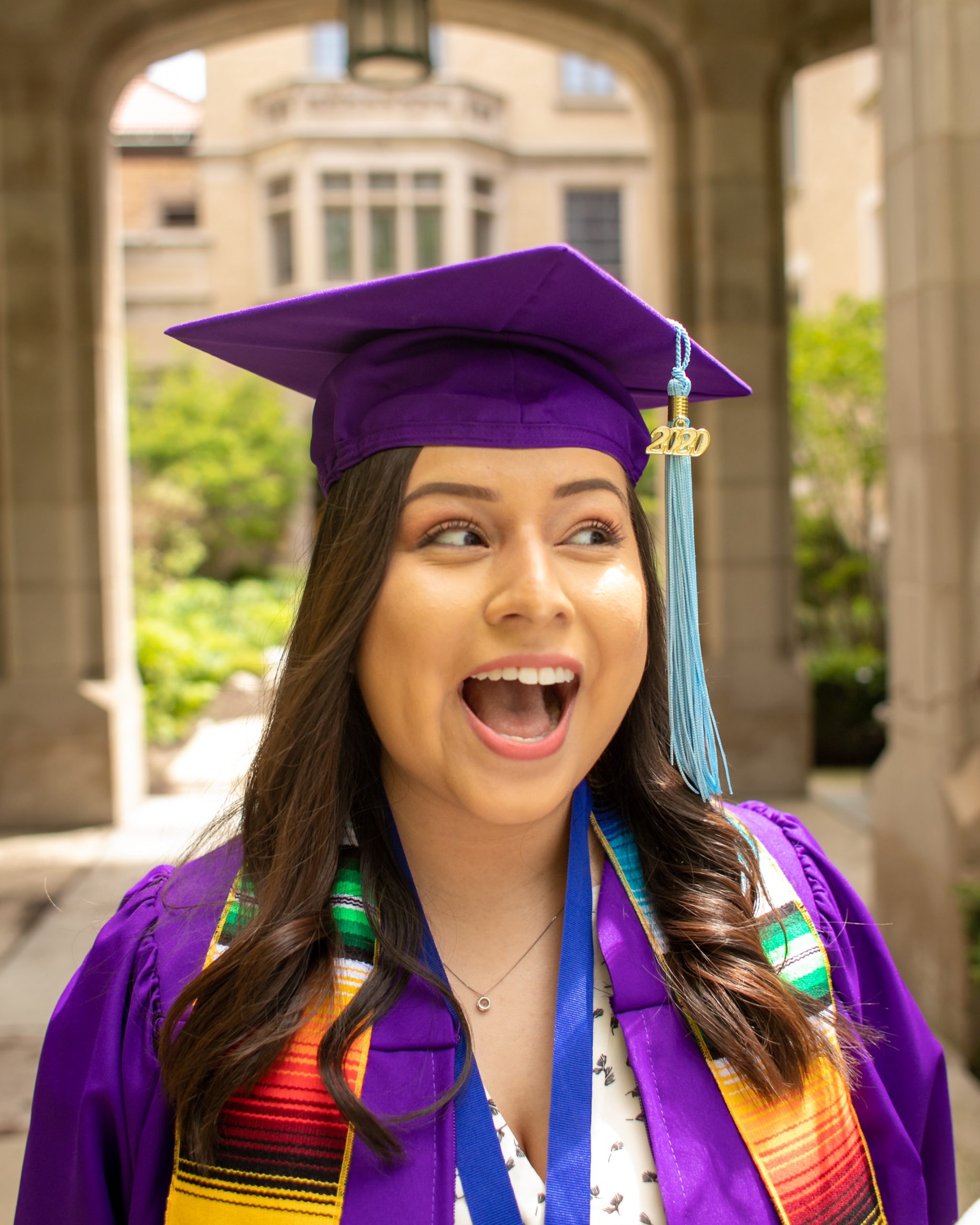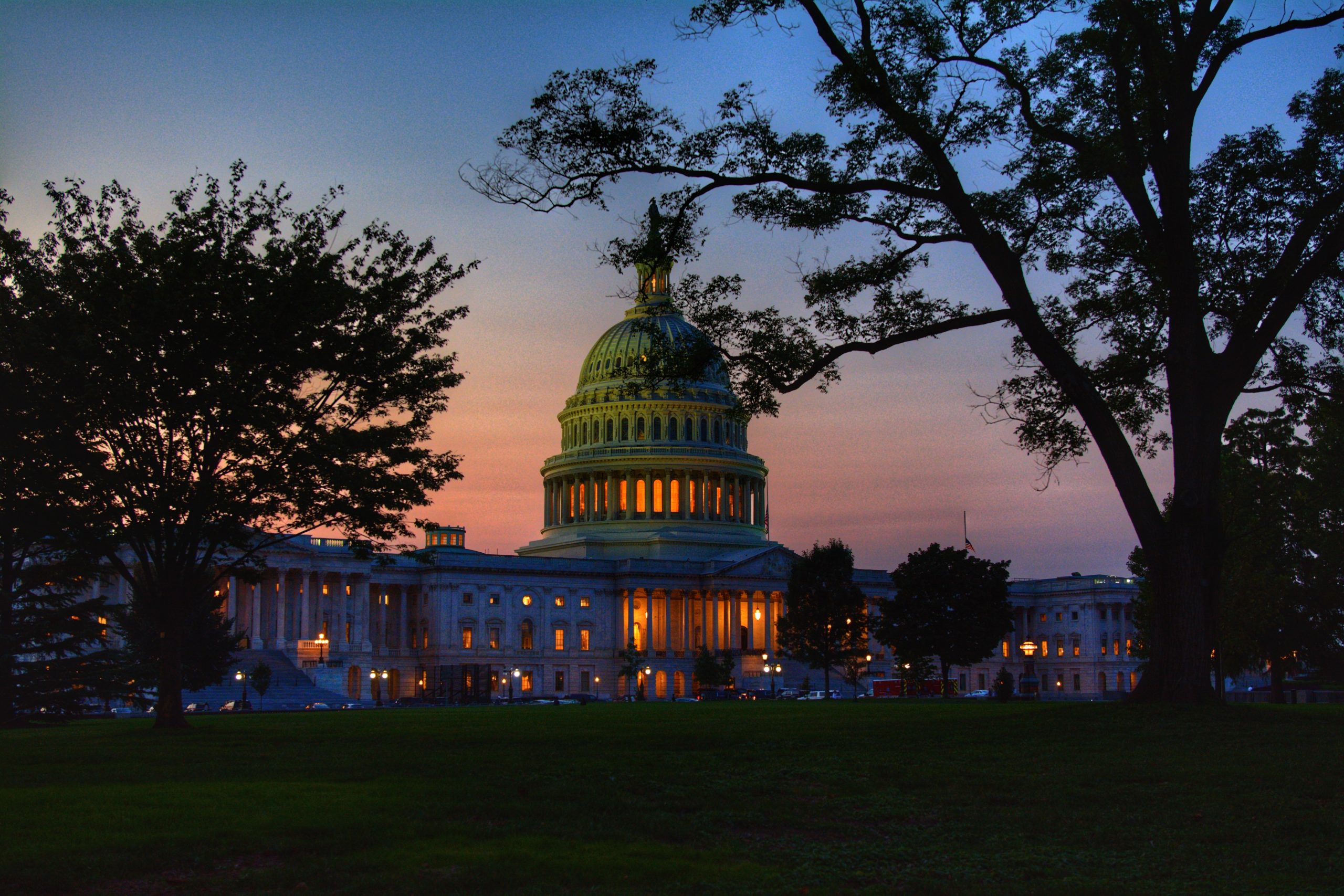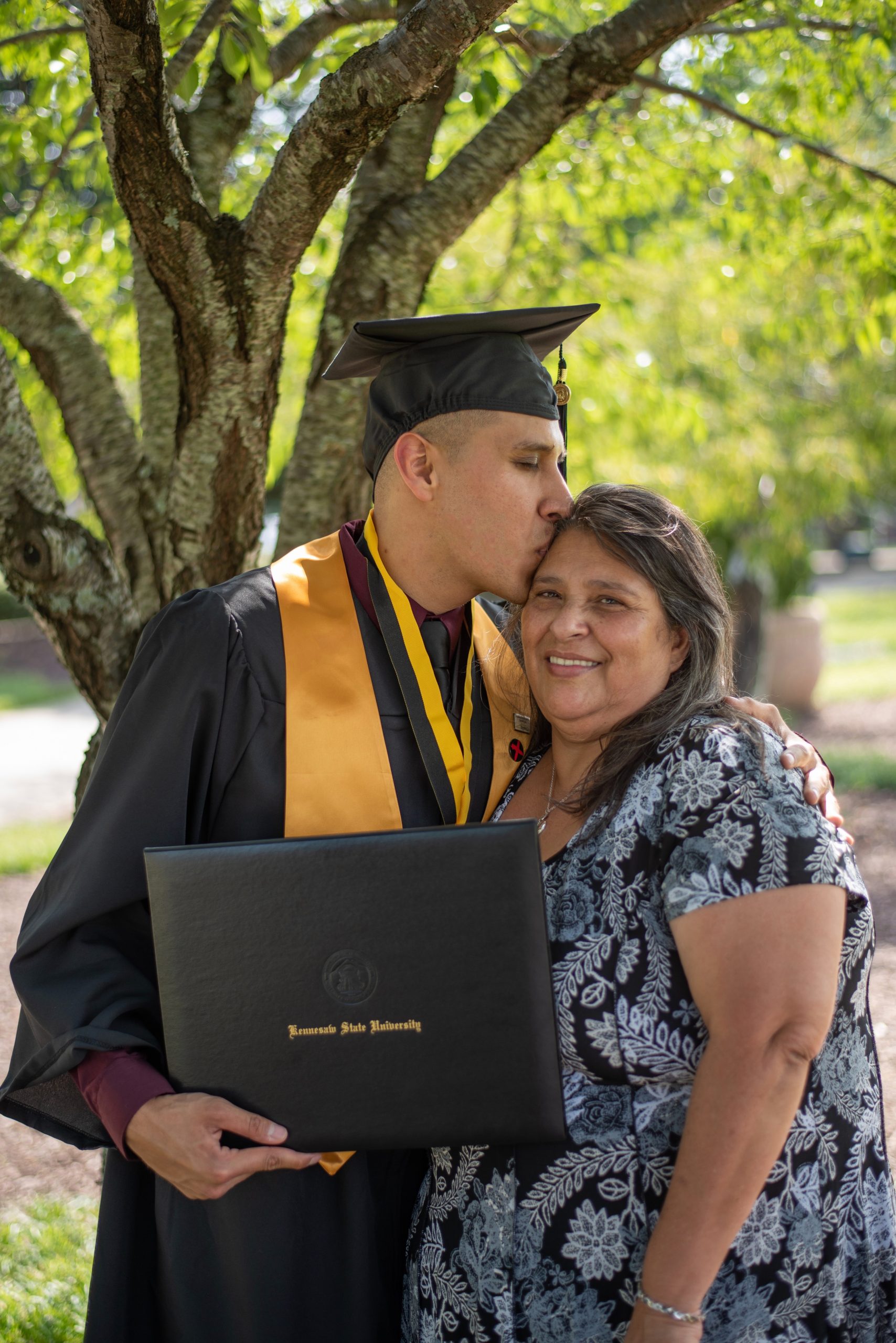Welcome back to Visalawyerblog! In today’s post, we discuss a newly released final rule announced by the United States Citizenship and Immigration Services (USCIS) on January 7, 2021.
The new rule entitled “Modification of Registration Requirement for Petitioners Seeking to File Cap-Subject H-1B Petitions,” will modify the H-1B cap selection process, amend current lottery procedures, and prioritize wages to ensure H-1B visas are awarded only to the most highly skilled foreign workers according to a new wage level selection process.
According to USCIS this new rule will only affect H-1B cap-subject petitions. It will be enforced against both the H-1B regular cap and the H-1B advanced degree exemption beginning March 9, 2021 (its effective date).
The final rule is scheduled to be published on January 8, 2021, however an advance copy has already been posted in the Federal Register for review.
Click here to view the advance copy.
When does the final rule become effective?
The final rule will become effective 60 days after its date of publication in the Federal Register (falling on March 9, 2021).
What are some of the highlights of this new rule?
The USCIS final rule creates a wage-based selection process for H-1B registrations, instead of a randomized computer generated process which is currently in place.
Ranking by Wage Level
DHS will amend regulations governing the process by which USCIS selects H-1B registrations for the filing of H-1B cap-subject petitions by generally first selecting registrations based on the highest Occupational Employment Statistics (OES) prevailing wage level indicated on the petition, where the proffered wage equals or exceeds the relevant Standard Occupational Classification (SOC) code and area(s) of intended employment, beginning with OES wage level IV and proceeding in descending order with OES wage levels III, II, and I.
The proffered wage is the wage that the employer intends to pay the beneficiary.
 Visa Lawyer Blog
Visa Lawyer Blog











